Sour Milk and Bitter Herbs | Labaneh and Zaatar
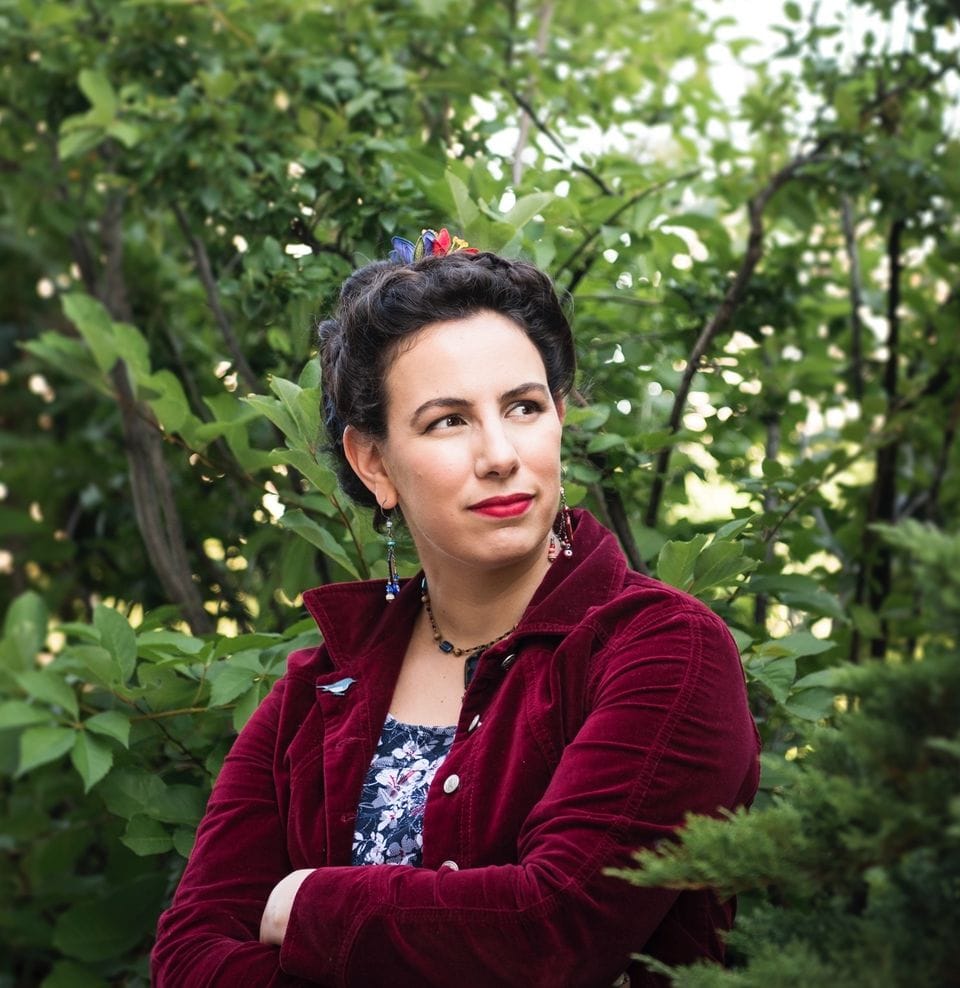
Amal El-Mohtar is a New York Times bestselling author of fiction, poetry, and criticism. Her stories and poems have appeared in numerous magazines and anthologies, most recently in The Book of Witches and From a Certain Point of View: Return of the Jedi. She is co-author, with Max Gladstone, of This is How You Lose the Time War, which won the Hugo, Nebula, Locus, BSFA and Aurora awards and has been translated into over ten languages. Her articles and reviews have appeared in the New York Times, NPR Books and on Tor.com, and she has been the New York Times's science fiction and fantasy columnist since 2018. She lives in Ottawa.
There are foods I don’t associate with a specific memory so much as with the act of remembering. If all my favourite breakfast foods were laid out before me—smoked salmon and capers, ful mdammas, soft goat cheese and honey—I would reach for labaneh and zaatar first. As ubiquitous to the Lebanese breakfast table as buttered bread is to others, labaneh and zaatar are extraordinary in their simplicity, a constant, evergreen staple. When I feed friends a morsel of labaneh and zaatar on whole wheat pita, I’m not offering them a relic of my childhood so much as an invitation into the fullness of my family—a piece of who I am, and who I’ve been, when I’m at home: a daughter, a sister, an aunt.
Labaneh—or labneh, depending on one’s dialect—is what happens when you strain the whey out of yoghurt. A thick, creamy spread possessed of a beautifully fermented tang, it’s first salted, then made pillowy by folding in lashings of olive oil. I only speak Arabic with my family, and I only eat labaneh when my mother gives me some; in fact I’ve only made it once, last month, under my parents’ roof. Labaneh, like language, is something I receive with gratitude and love and a little guilt; it’s not something I produce reliably myself.
In our home my mother would make yoghurt every other week, bringing litres of milk to the boil, cooling it to lukewarmth, then stirring in the rawbi—a portion of yoghurt reserved from the previous batch—before wrapping the pot in multiple layers of blankets to conserve its heat and allow the active bacterial cultures to work overnight. In the morning, we’d have yoghurt; a few days after that, once it was really sour, my mother would pull out a yellow-striped cloth bag with a drawstring in it (a precious object made by my grandmother). She would pour in whatever remained of the yoghurt and suspend it above a stainless steel bowl to catch the whey. In the morning, we’d have labaneh.
Zaatar, meanwhile, is a spice mixture of thyme, sumac, and sesame seeds, which different regions and families blend in different proportions, sometimes adding their own embellishments: fenugreek, marjoram, nigella seeds, ground pistachio. Zaatar is also the word I knew for “thyme” growing up—an herb I associated with memory and mental clarity, shoving whole furtive spoonfuls into my mouth the day of an exam. But “thyme” is not a straightforward translation: I was surprised, recently, to learn from chef Rawan Al-Wadaa that in Palestinian zaatar, what gets translated as “wild thyme” is botanically called Origanum syriacum, which in scent and savour is closer to what I think of as oregano (Origanum vulgare) than thyme (Thymus vulgaris). A brief wiki-dive informed me that in both classical and modern Hebrew “the plant is called ezov (Hebrew: אזוב), which was formerly used in ceremonial functions, such as for sprinkling the waters of purification on those persons defiled by the dead.” Zaatar, to taste right, must first pass through my mother’s hands.
I’ve sprinkled dry zaatar on salads and roasts and it’s lovely. But for me it truly shines when mixed with olive oil until it’s a tarry, glossy substance, drizzled over a round pita liberally spread with labaneh, before rolling that pita up into a wrap and topping it with a final creamy dollop as garnish for the first bite. The blend of flavours and textures—the soft sour sweep of labaneh mixing with the fragrant crunch of toasted sesame seeds and tart bright sumac—is happiness, is home, and best accompanied by strong black tea with a little sugar in it.
A great deal of writing about diaspora is rightly focused on loss. The word, after all, signifies dispersal in the wake of catastrophe. But lately I’ve been experiencing diaspora as an unexpected concentration of connections, a folding of feeling into memory. Because I do not work in Arabic, because I don’t read books or newspapers in Arabic, because Arabic is not, for me, the common tongue of daily, mundane life, it remains a viscerally direct and undiffused line to the intimacies of childhood. Arabic is the language of home, family, aunts and cousins and uncles, the language of being tucked into bed and sung to. I’m 38 years old, but I still feel like a child in Arabic and in my mother’s kitchen.
Is it a desire to grow up, then, that has me lately playing Arabic songs in my own kitchen while eating labaneh and zaatar? For much of the last several weeks I’ve been rolling pita wraps while belting “Dammi Falastini,” (My Blood is Palestinian) a 2015 hit by Mohammed Assaf that I thought was much older when I first heard it earlier this year. Something about the depth and resonance of Assaf’s voice, and the production surrounding the folk cadences of dabke music, made me think it was a song from my parents’ youth, the political musicals of the 1970s. Or if not that, perhaps something I might have heard in my childhood alongside Zaki Nassif’s “Rajeh Yet Ammar Loubnan” (Lebanon Will Be Rebuilt) and Fairuz’ rendition of “Ala Dalouna” (Lend a Hand): impassioned, defiant, deliberately vaulting over furious grief and sectarian fracture to envision solidarity and a future.
I first encountered “Dammi Falastini” in a TikTok captioned “I always forget I’m Lebanese when this song comes on,” a caption I’ve since learned is so generic as to defy my attempts at finding it again. It’s a sentiment I feel profoundly. I was raised to understand Palestinian dispossession as something we shared in, indissociable from the civil war that had driven my parents (separately, at different ages) to build lives in Canada. I can’t recall a time before knowing these politics; Israel’s military occupation of Southern Lebanon spanned my first fifteen years. One of my earliest memories is of sitting on our balcony in a small town in Quebec, my parents talking to their friends while I scribbled colourful circles on a piece of paper. When my parents asked what I was doing, I said “I’m writing to Israel to tell them to stop hurting us.” I hadn’t yet learned how to write.
As I write this it’s been two months since Israel began this latest bombing of Gaza—by far its deadliest and most sustained, but by no means its first. It’s been two months of going to bed knowing that people who look like my siblings and sound like my elders are being brutally, horrifically, even gleefully murdered at a pace and with a relentlessness I haven’t seen in my lifetime. It’s been two months of waking to the knowledge that those who weren’t killed outright by bombs remain trapped beneath collapsed buildings, endure surgeries and amputations without antiseptic or anaesthetic, and starve—while people I have loved and broken bread with excuse or outright support their slaughter.
Nothing disorders my eating like atrocity. It imposes itself between me and most things. There are days when I can’t look at my street without seeing it cratered by bombs; days when I can’t see food on a plate without feeling myself turned inside out at the thought of who doesn’t have it. When I see footage of Palestinians in Gaza murmuring to the dead children in their arms in the Levantine Arabic I understand with the deepest parts of me—I hear, in the most literal possible way, my own family, our own history, our own grief. I can’t eat in the face of it.
But when I spread labaneh and zaatar on bread and sing songs that root me in lost time, I feel stronger—like I’m improvising a ritual to summon past into present on my own terms, in my own space. I may feel like a child in Arabic and in kitchens, but I was also a lot braver as a child, a lot fiercer. I spoke to thunderstorms and expected them to listen. Today, I sing and eat labaneh and zaatar and try to conjure up the little girl who scribbled in circles without knowing an alphabet because she was so certain that if she asked for something reasonable and just, it would be given to her.
If I ever did learn to write, the past two months have knocked it out of me. But I can offer you this morsel. I take a small piece of my past and fold it into this essay. I strain and separate my anger from my grief. I mix holy oil with herbs used to wake memory and purify those defiled by the dead.
Maybe in the morning, we’ll have something better to eat.
How to Help:
- This informational Google doc is updated almost daily with information and direct actions Canadians can take to pressure the Canadian government into withdrawing its support for genocide by demanding a permanent ceasefire.
- Donate to the Red Cross
- Donate to Doctors Without Borders
- Donate to Organizations Providing Legal Aid
- Donate to Media Organizations Providing Fair Coverage
- Get involved with PCRF
- Connect with Jewish Voice for Peace
- Check out and share these curated resources
- Use Resistbot to message all of your representatives
Amal’s Labaneh and Zaatar
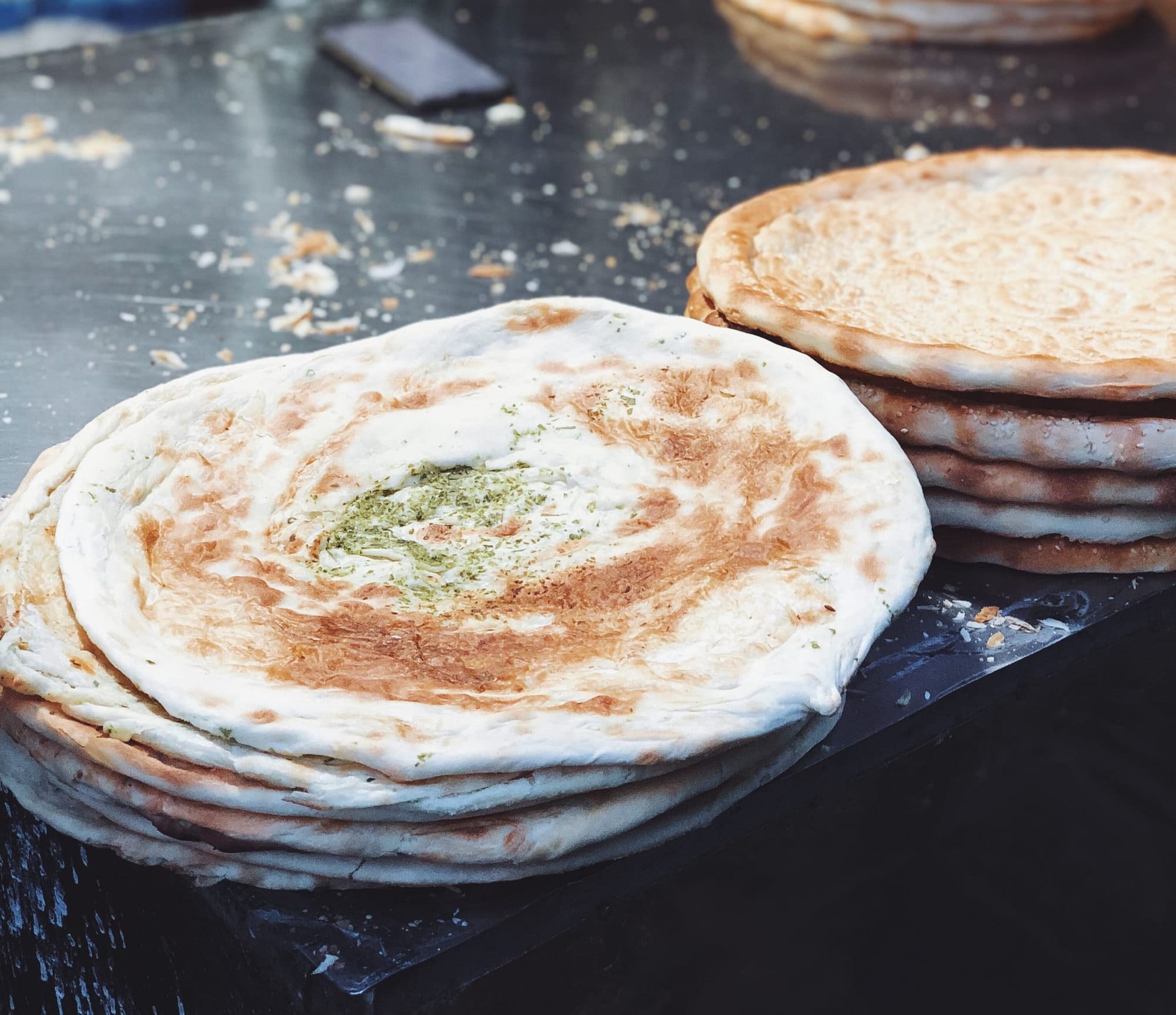
This recipe offers a set of ratios that will allow you to prepare a classic Lebanese breakfast of thickened yoghurt spread and spiced oil over pita. Prepared as written, it produces however much you decide it will; feed just yourself, or feed everyone you know.
Get the Recipe: PDF, Google Doc
If you’d like to own the Personal Canons Cookbook ebook, which collects all these essays and recipes in easy-to-reference, clickable format—plus loads of bonus recipes from me!—join the Stone Soup Supper Club. The ebook is free for subscribers, who will get the download link in their inboxes in the first Supper Club email of 2024!
Remember: Care for yourself and the people around you. Believe that the world can be better than it is now. Never give up.
—Gailey

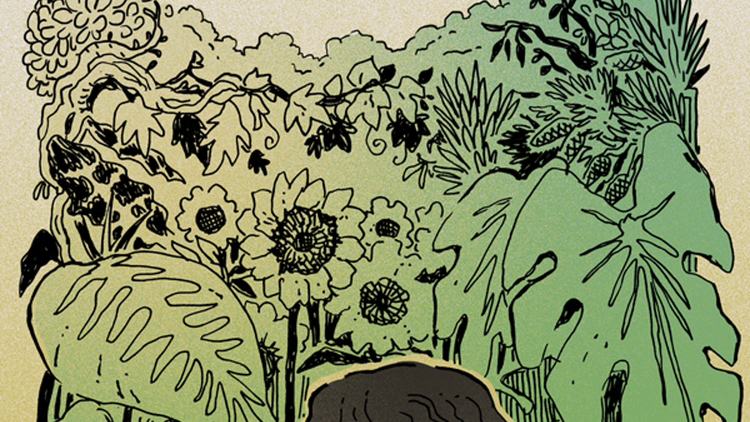
![Guest Host [sarah] Cavar](/content/images/size/w750/2025/03/COVER---Failure-to-Comply.jpg)

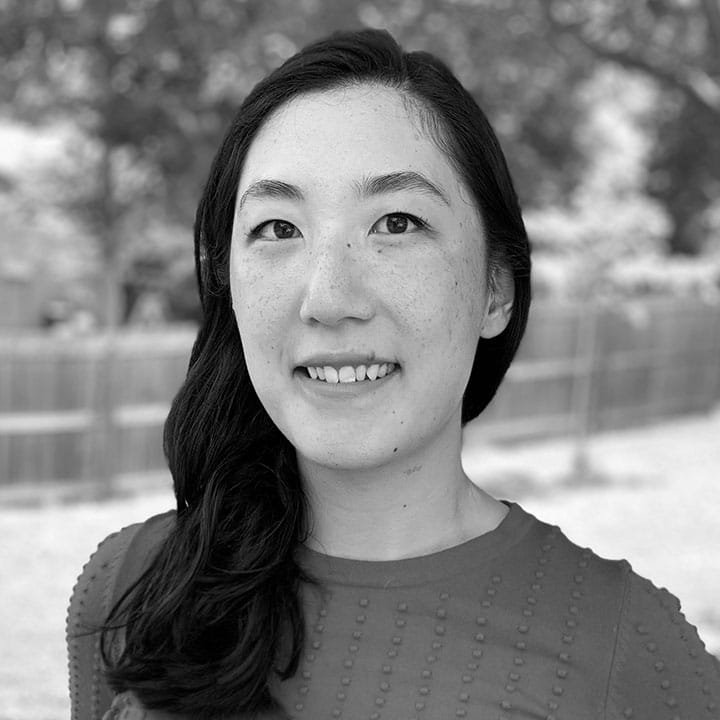
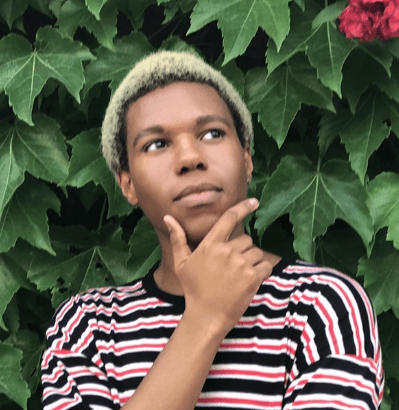
Member discussion